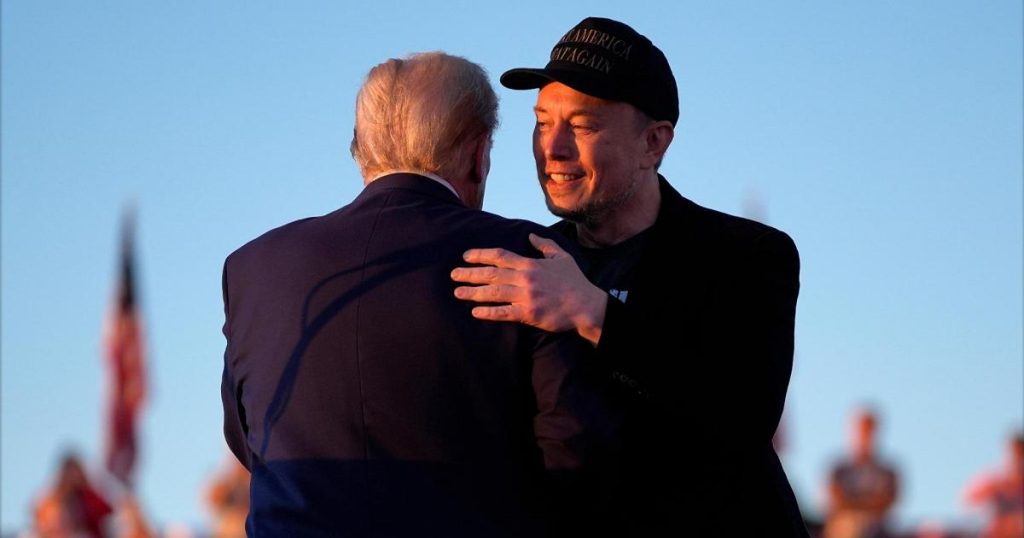The President-elect of the United States, Donald Trump, has appointed Elon Musk, in collaboration with Vivek Ramaswamy, to lead the new Department of Government Efficiency (DOGE). While not a new department in the traditional sense, as it would require a vote from Congress to create, the DOGE will serve as a consulting entity to cut expenses for various federal agencies. Trump, referring to Musk and Ramaswamy, praised them on his social media platform Truth for paving the way for his administration to dismantle government bureaucracy, cut excessive regulations, reduce unnecessary spending, and restructure federal agencies, all essential for the Save America movement.
The comparison with the Manhattan Project, which developed the first atomic bomb during World War II, is meant to highlight the disruptive and transformative effects that Trump’s plan aims to achieve. Trump stated that Republican politicians have long dreamed of the goals of the DOGE. This department will provide advice and guidance from outside the government to collaborate with the White House and the Office of Management & Budget to implement large-scale structural reform and create a previously unseen entrepreneurial approach to government.
The appointment of Musk raises concerns about potential conflicts of interest, as he is a major contractor for the federal government and operates businesses in various areas subject to laws and regulations. Musk, who previously maintained a relatively neutral stance, openly supported Trump by funding a Super Pac to finance specific political candidates without disclosing donations. Musk even funded a special lottery in states crucial for assigning electoral votes to the Republican candidate. Despite the DOGE not being an official department, Musk’s role will be central and crucial, with an end date set for July 4, 2026, to achieve a smaller government, greater efficiency, and reduced bureaucracy by America’s 250th Independence Day.
Trump expressed confidence in Musk and Ramaswamy’s ability to bring about changes to federal bureaucracy for efficiency while improving the lives of all Americans. The aim is to eliminate waste and fraud in the annual $6.5 trillion public spending, with Musk previously indicating a planned reduction of around $2 trillion. However, specific details on how these cuts will be implemented have not been clarified. The focus is on freeing the economy and establishing government accountability to the people, as emphasized by both Trump and Ramaswamy.
In conclusion, by appointing Elon Musk and Vivek Ramaswamy to lead the Department of Government Efficiency, Trump aims to bring about significant changes to the US government’s structure and operations. The comparison to the Manhattan Project underscores the transformative nature of the plan, with a focus on reducing bureaucracy, cutting unnecessary expenses, and introducing entrepreneurial approaches to governance. Despite concerns about conflicts of interest, Musk’s role is seen as essential in achieving a smaller, more efficient government. The ultimate goal is to increase accountability, eliminate waste, and improve the overall effectiveness of government operations for the benefit of all Americans.


